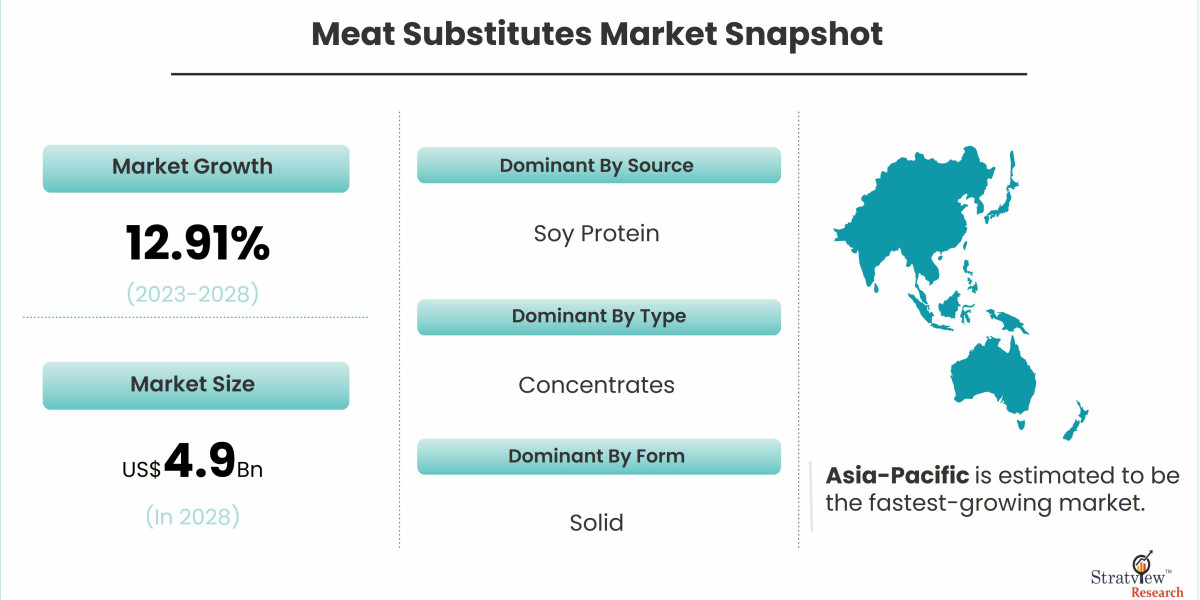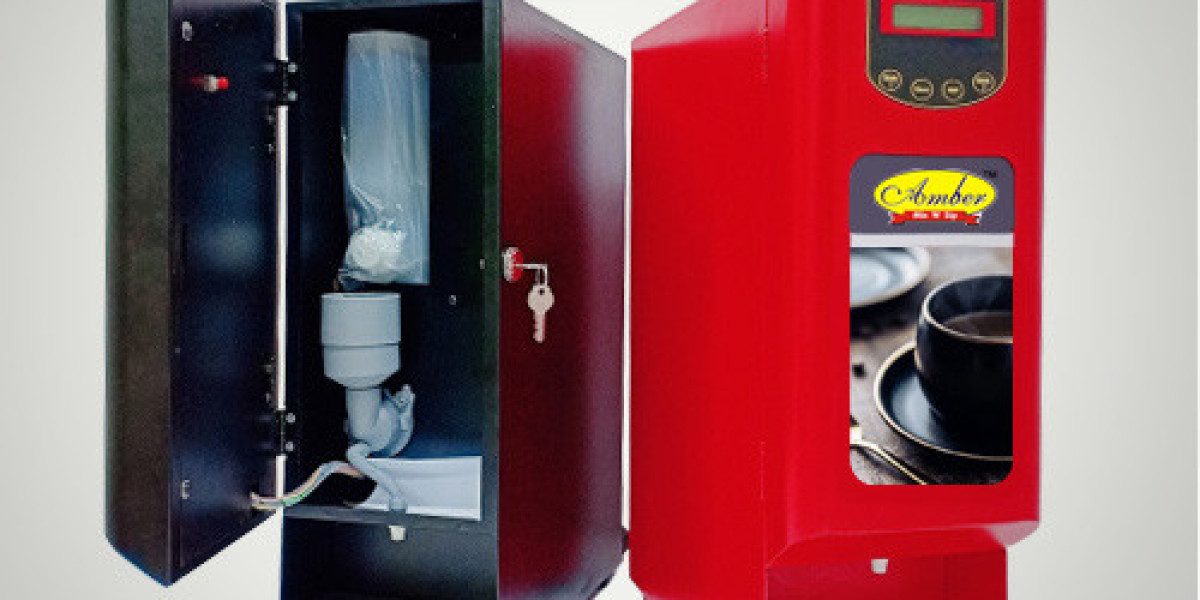The global food industry is undergoing a transformative shift, with meat substitutes rapidly gaining traction as a viable alternative to traditional animal-based products. The rise of meat substitutes is not merely a passing trend but a significant movement driven by health, environmental, and ethical considerations. This article delves into the key market trends propelling the growth of meat substitutes and examines their increasing popularity among consumers.
According to Stratview Research, the meat substitutes market was estimated at USD 2.37 billion in 2022 and is likely to grow at a CAGR of 12.91% during 2023-2028 to reach USD 4.9 billion in 2028.
Health Consciousness
One of the primary drivers behind the surge in meat substitute consumption is the growing awareness of health and nutrition. Consumers are becoming increasingly conscious of the health implications associated with excessive meat consumption, such as heart disease, obesity, and certain cancers. Meat substitutes, often derived from plant-based sources like soy, peas, and mushrooms, offer a healthier alternative. They are typically lower in saturated fats and cholesterol while being rich in protein, fiber, and essential nutrients. This health-conscious shift is prompting more people to explore meat substitutes as part of a balanced diet.
Environmental Impact
Environmental sustainability is another crucial factor influencing the rise of meat substitutes. The meat industry is a significant contributor to greenhouse gas emissions, deforestation, and water usage. As concerns about climate change and environmental degradation intensify, consumers and businesses alike are seeking more sustainable food options. Meat substitutes have a considerably lower environmental footprint, requiring fewer natural resources and generating less pollution. This eco-friendly appeal is driving the adoption of plant-based and lab-grown alternatives, aligning with global efforts to combat climate change.
Ethical and Animal Welfare Concerns
Ethical considerations regarding animal welfare are also playing a significant role in the growing demand for meat substitutes. Many consumers are becoming increasingly aware of the conditions in which animals are raised and slaughtered for meat production. This awareness is fostering a shift towards cruelty-free and humane dietary choices. Meat substitutes provide a way to enjoy the taste and texture of meat without contributing to animal suffering, making them an attractive option for ethically-minded consumers.
Technological Advancements and Innovation
Technological innovation is a key enabler of the meat substitutes market. Advances in food science and technology have led to the development of high-quality meat alternatives that closely mimic the taste, texture, and appearance of real meat. Companies are investing heavily in research and development to create products that satisfy even the most discerning palates. From plant-based burgers that “bleed” like real meat to lab-grown meat produced through cellular agriculture, the market is witnessing unprecedented levels of innovation.
Market Expansion and Consumer Acceptance
The market for meat substitutes is expanding rapidly, with new products and brands entering the market regularly. Major food companies and startups alike are recognizing the potential of this burgeoning sector. Retailers are dedicating more shelf space to meat substitutes, and restaurants are incorporating them into their menus. As consumer acceptance grows, driven by the aforementioned factors, the market is expected to continue its upward trajectory.
Conclusion
The rise of meat substitutes is reshaping the global food landscape. Health consciousness, environmental sustainability, ethical concerns, and technological advancements are key trends driving this growth. As these factors continue to influence consumer behavior, the meat substitutes market is poised for significant expansion, offering promising opportunities for innovation and investment in the years to come.



